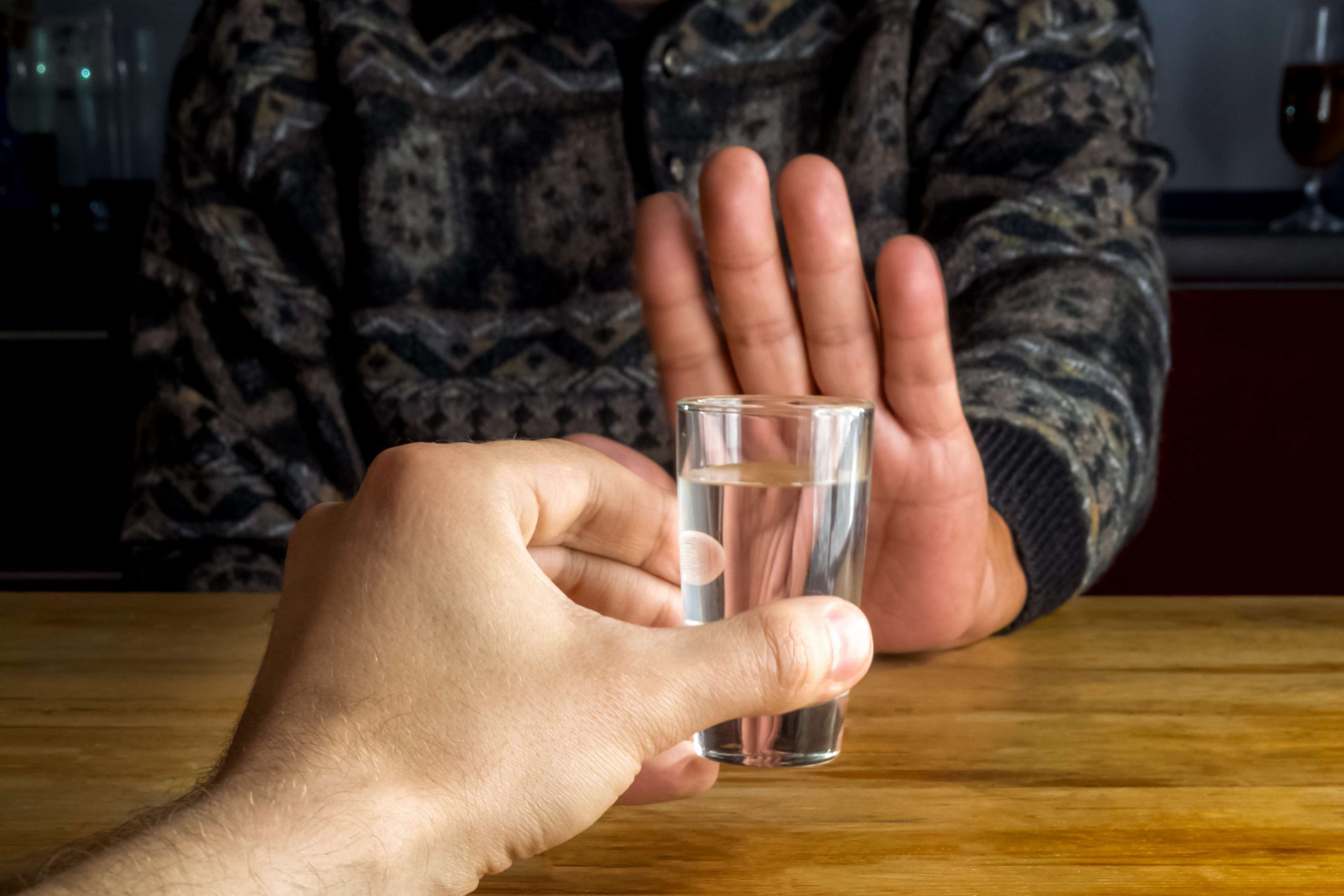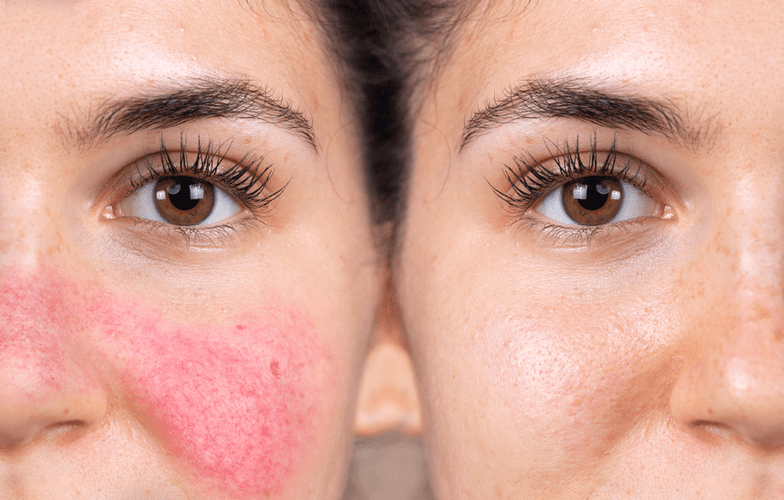Choosing the right rehab center, with personalized care and qualified staff, is crucial for a successful treatment journey. Alcohol detox is the first crucial step toward sobriety, involving safe management of withdrawal symptoms with medical support, tailored treatments, and emotional care. Detoxing from benzodiazepines requires a slow, supervised tapering process to safely manage withdrawal symptoms and reduce risks, with professional support essential. Therefore, when you quit drinking alcohol abruptly, the central nervous system may become overactive, producing many negative withdrawal symptoms. Anyone exceeding moderate levels of consumption may have a dependence or alcohol use disorder (AUD).
However, the temptation that keeping alcohol in the house creates is often a catalyst for relapse. To help ease this temptation, consider keeping some non-alcoholic drinks around to replace alcohol. Switch to having tea at night if you used to wind down with a glass of wine or try the many types of alcohol-free beer and wine that are becoming widely available. Sunnyside Med offers access to compounded naltrexone (50mg + B6 5mg), paired with behavioral tools to help you reduce your drinking over time. Doctors, nutritionists, and counselors can help people stay on track to stop drinking.
Alcohol Withdrawal Causes
An important first step is to learn more about alcohol use disorder and your treatment options. Effective alternatives to drinking include engaging in fitness, mindfulness practices, creative hobbies, and social activities that don’t involve alcohol. Finding new ways to relax and unwind is key to maintaining sobriety. Quitting alcohol gradually or all at once depends on your level of dependence. For heavy drinkers, suddenly stopping can cause dangerous withdrawal symptoms, so tapering off with medical guidance is safer.
- You may have tried to stop drinking many times in the past and feel you have no control over it.
- They also give useful ideas for support strategies and even more tips to help you to get your drinking under control.
- Essentially, when an individual drinks, the brain amplifies certain activities to counterbalance the depressive effect alcohol has on it.
How My Life Changed After I Became Vegan
We can leverage our resources and team to help you reduce and eventually end your alcohol use. SMART recovery supports long-term abstinence and sustained sobriety using a scientific treatment methodology. They prescribe drugs and advise members to undergo psychological assessment and therapy using the latest scientific findings. The 12-step philosophy aims for a holistic therapeutic intervention. Abstaining is the primary goal of this treatment philosophy.
It is often a voucher-based system in which patients “gain points” for participating in counseling sessions or other therapies. Residential rehab involves “checking in” to a residential facility, either a discrete and isolated wing of a larger hospital or health complex or a standalone facility. The last thing an individual wants to do is come across as threatening or aggressive, and such gestures can be picked upon swiftly during the rehearsals. As soon as the participants go through each other’s https://dev-mdabddullah.pantheonsite.io/2024/07/18/the-role-of-storytelling-in-addiction-recovery/ scripts, a meeting time and place should be decided upon. Before staging an intervention, it is crucial to rehearse the scripts among participants.

How to Quit Drinking (or at Least Cut Back)
By quitting drinking, you’ll lower your risk of high blood pressure, heart disease and stroke, fatty liver, pancreatitis, and several types of cancer. Below are samples of e-health tools developed with NIAAA funding. Each of these fee-based tools has a research base that shows its potential to help people cut down or quit drinking.
- If you’re addicted to alcohol, the first days of quitting can be difficult.
- After helping thousands break free from alcohol, I’ve discovered precisely why resolutions fail and what works.
- Outpatient care allows you to continue living at home while receiving professional support through scheduled sessions.
- This could mean attending a support group specifically for people with alcohol issues like Alcoholics Anonymous (AA).
Start your recovery journey with peace of mind, knowing your care is covered. Discover affordable rehab centers near you, offering easy access and convenience. Stay close to family and friends while getting the support you need. Severe symptoms may require benzodiazepines to prevent serious consequences of alcohol withdrawal. Replacing alcohol with healthy activities that do not encourage drinking can be a healthy alternative. Quitting alcohol leads to numerous health benefits, such as improved liver function, better sleep, weight loss, lower blood pressure, and enhanced mental clarity.
Step 4: Quit cold turkey.
Setbacks can be common, so you will want to know how they are addressed. For more information on a return to drinking, see An Ongoing Process. You may be able to better compare your options by assessing whether and how the program or provider measures success. Overall, gather as much information as you can about a program or best way to stop drinking provider before making a decision on treatment. If you know someone who has firsthand knowledge of a program, it may help to ask about their personal experience.

A number of health conditions can often go hand in hand with AUD. Common mental health conditions that co-occur with AUD are depressive disorders, anxiety disorders, trauma- and stress-related disorders, other substance use disorders, and sleep disorders. Studies show that people who have AUD are more likely to suffer from major depression or anxiety over their lifetime. When addressing drinking problems, it’s important to also seek treatment for any accompanying medical and mental health issues.
What are Common Relapse Triggers After Quitting Alcohol?
After three failed solo attempts, Kara reached out to Renew Health. She started with virtual detox, followed by weekly CBT sessions and a SMART Recovery group. She tracked her milestones with Reframe and built new routines around yoga and journaling. Apps and digital tools can make sobriety feel more connected, engaging, and trackable. Working with a licensed therapist (online or in-person) increases long-term sobriety rates significantly.

What Is the Best Way To Cut Down on Drinking Alcohol?
Communicating your decision to quit alcohol helps build a supportive environment for recovery. Choose a calm, distraction-free moment to Drug rehabilitation discuss your reasons for quitting and explain how alcohol has affected your well-being. Ask loved ones for support by requesting specific help, such as avoiding alcohol in social settings or checking in on your progress. Setting healthy boundaries with those who encourage drinking is essential. Surrounding yourself with understanding and supportive individuals strengthens commitment and makes long-term sobriety more achievable.
You might be afraid of what happens if you keep drinking, but you’re more afraid of what happens when you stop. There are many different options and resources that can help you learn how to quit drinking. Just remember that there is no single approach that works for everyone.